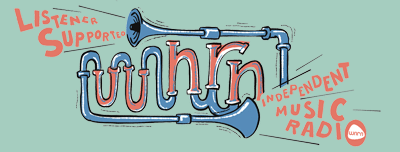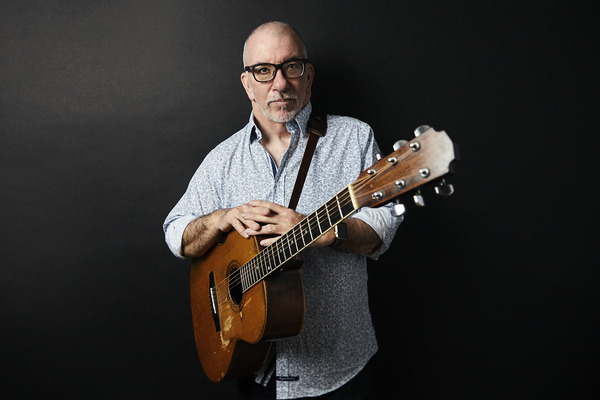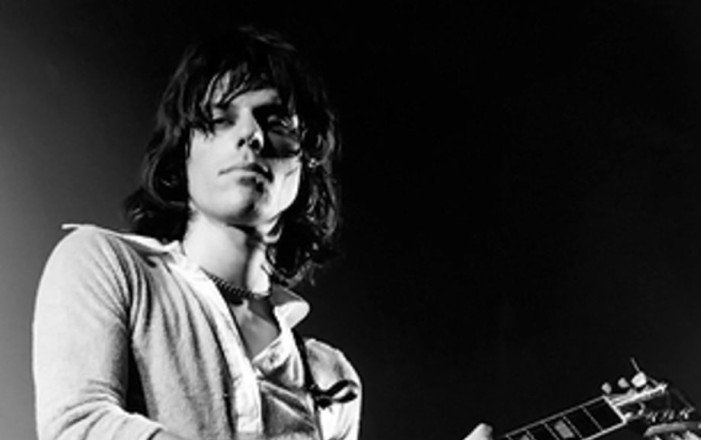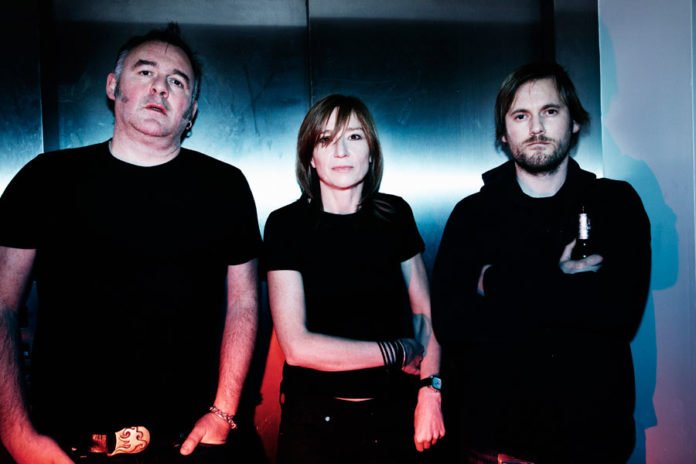U2 originated in Dublin in 1976, and although they are most often recognized as a post punk-era band, they started before the punk movement had even arrived in Ireland. Drummer Larry Mullen, Jr. posted a notice on his high school bulletin board seeking musicians to form a band. Initially a Beatles and Stones cover band called the Feedback, they changed their name to U2.
The first break came during their last year in high school, when they won a talent contest and attracted the attention of the manager of the Stranglers, who offered to manage them. They did well in Ireland but had trouble connecting elsewhere. Slowly, they expanded their reach, and with producer Steve Lillywhite they found a sound that could break through elsewhere. 1983’s War proved to be the first big album for the band, reaching number one in the U.K. and number twelve in the U.S. From this point on, U2 has been a headliner.
It is hard to imagine anyone listening to the radio in the ’80s and ’90s could have missed hearing about U2. One of the best selling artists in the world, the band has sold more than 150 million albums, won 22 Grammys and made the Rock and Roll Hall of Fame on their first ballot appearance.
In addition to their music and elaborate tours, the band is newsworthy for their activism. Amongst the causes Bono and his bandmates have are Band Aid, supporting famine relief, Greenpeace’s efforts to limit nuclear power, and Jubilee 2000, an effort to reduce third-world debt. Bono’s work has earned him a knighthood and the French Legion of Honor. Most recently, the band donated millions for the purchase of protective equipment for Irish healthcare workers during the COVID pandemic.







